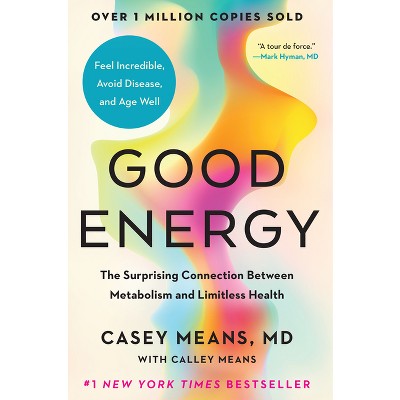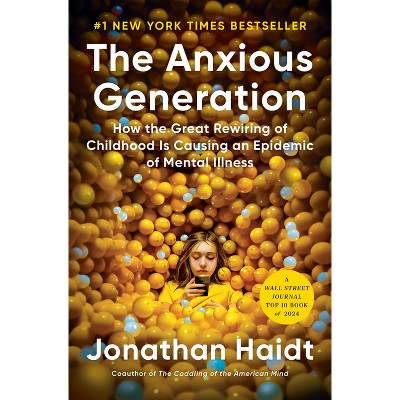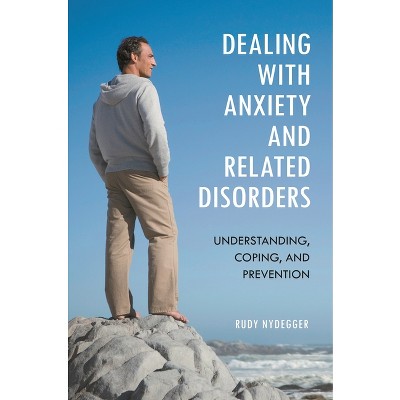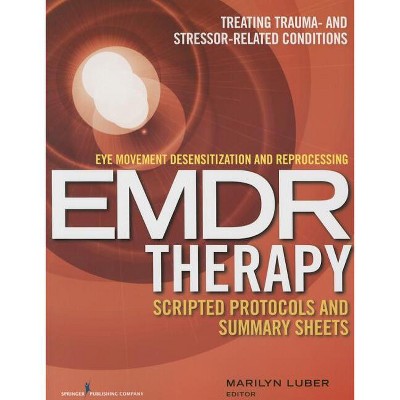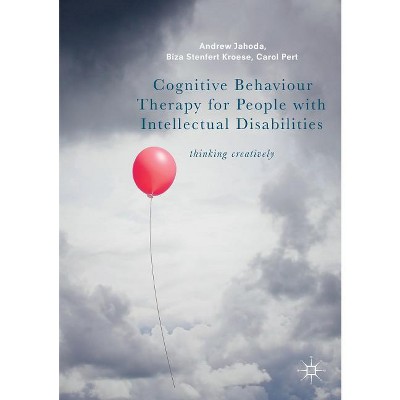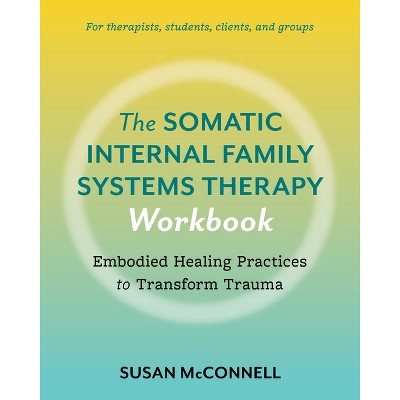Understanding Therapy - by Rudy Nydegger (Hardcover)

About this item
Highlights
- This accessibly written book explores many types of psychotherapy, discussing the history, tenets, advantages, and shortcomings of each.
- About the Author: Rudy Nydegger, PhD, ABPP, FNAP, is a board-certified clinical psychologist and professor emeritus of Union College and Union Graduate College in Schenectady, New York.
- 256 Pages
- Psychology, Psychotherapy
Description
About the Book
This accessibly written book explores many types of psychotherapy, discussing the history, tenets, advantages, and shortcomings of each. It also compares and contrasts how different approaches address real-world mental health concerns.
Therapy and counseling have proved beneficial for tens of millions of Americans, whether to address a serious mental illness or for more everyday issues such as troubled relationships, stress, or grief. Studies suggest that approximately 80 percent of people who receive therapy find it beneficial. A number of effective schools of psychotherapy are available today, each with its own approach, strengths, and weaknesses.
Understanding Therapy: How Different Approaches Solve Real-World Problems explores different forms of psychotherapy using clear, non-technical language and a reader-friendly format. Part I provides important foundational information, including the historical development of psychotherapy, common misconceptions, and types of therapists. Each chapter in Part II profiles a different group of therapies, highlighting each one's history, key founders and proponents, tenets, and potential advantages and disadvantages. Part III features a series of real-world situations for which someone might seek therapy and illustrates how several different forms of therapy would address the problem. Readers will be able to compare and contrast these methods, learning how different types of therapy tackle the same issue in varying ways.
- Offers a broad, holistic introduction to the topic, touching upon both theoretical and practical aspects of therapy and counseling
- Features illuminating case studies that provide real-world examples of how different forms of therapy approach common mental health complaints
- Allows readers to compare and contrast different types of therapy, bolstering critical thinking skills and helping readers determine which forms might work best for them
- Includes a helpful Directory of Resources with books, articles, and websites for readers who want to learn more
Book Synopsis
This accessibly written book explores many types of psychotherapy, discussing the history, tenets, advantages, and shortcomings of each. It also compares and contrasts how different approaches address real-world mental health concerns.
Therapy and counseling have proved beneficial for tens of millions of Americans, whether to address a serious mental illness or for more everyday issues such as troubled relationships, stress, or grief. Studies suggest that approximately 80 percent of people who receive therapy find it beneficial. A number of effective schools of psychotherapy are available today, each with its own approach, strengths, and weaknesses. Understanding Therapy: How Different Approaches Solve Real-World Problems explores different forms of psychotherapy using clear, non-technical language and a reader-friendly format. Part I provides important foundational information, including the historical development of psychotherapy, common misconceptions, and types of therapists. Each chapter in Part II profiles a different group of therapies, highlighting each one's history, key founders and proponents, tenets, and potential advantages and disadvantages. Part III features a series of real-world situations for which someone might seek therapy and illustrates how several different forms of therapy would address the problem. Readers will be able to compare and contrast these methods, learning how different types of therapy tackle the same issue in varying ways.Review Quotes
"Nydegger presents an up-to-date overview useful in many settings. Suitable for the general public and for undergraduate and community college students. Summing Up: Recommended. Lower- and upper-division undergraduates. General readers. Students enrolled in two-year technical programs." --Choice
About the Author
Rudy Nydegger, PhD, ABPP, FNAP, is a board-certified clinical psychologist and professor emeritus of Union College and Union Graduate College in Schenectady, New York.


